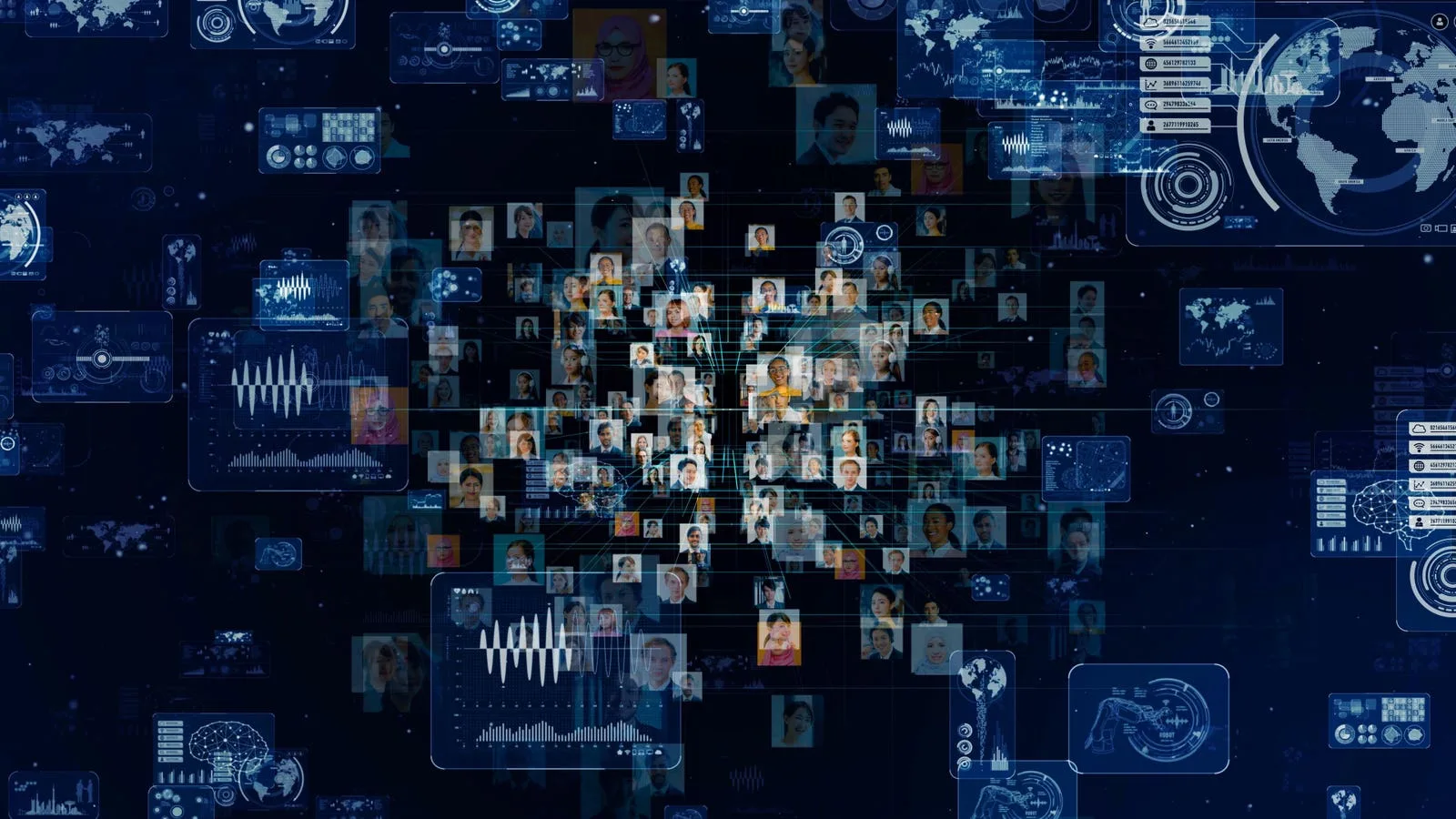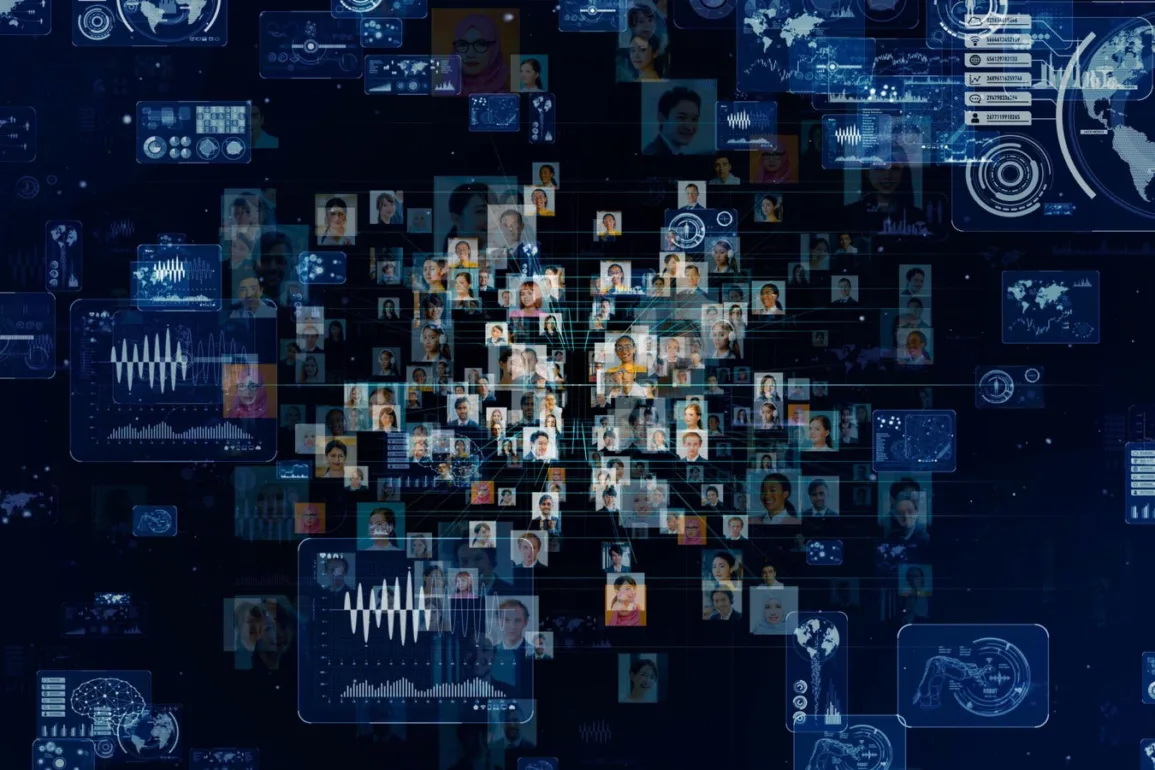
In the modern workplace, diversity and inclusion have become more than just buzzwords – they are crucial to fostering innovation, creativity, and a welcoming environment. However, despite increased awareness, many companies struggle to effectively address diversity challenges. Enter artificial intelligence (AI), which is emerging as a powerful tool in identifying and mitigating biases in various corporate aspects and becoming the ally we need to create sustainable change.
The Data On Diversity
Data reveals a concerning lack of diversity across industries. According to McKinsey’s annual 2020 report, companies in the top quartile for ethnic and cultural diversity outperform those in the fourth by 36% in profitability. Yet, many organizations fail to reach this diversity. An earlier study by Boston Consulting Group found that diverse companies report 19% higher innovation revenues. Despite these compelling numbers, progress has been slow. For example, in tech, women hold only 25% of all jobs, and African American employees make up just 7% of the workforce in Silicon Valley, as reported by CIO.
AI can be an instrumental part of the solution, when utilized the right way. It can analyze recruitment processes, marketing campaigns, and internal communications to detect and reduce bias. AI-driven recruitment tools can analyze job descriptions and recruitment materials to identify and remove unconscious bias, ensuring a wider and more diverse applicant pool. These tools can also assist in blind hiring processes by redacting demographic information from resumes, allowing candidates to be evaluated solely on their skills and qualifications.
In talent management, AI systems can monitor workplace interactions and feedback, pinpointing potential areas of bias or discrimination, and providing leaders with insights for creating a more inclusive environment. Additionally, AI can facilitate mentorship and networking opportunities by connecting employees from diverse backgrounds based on shared interests or career goals, fostering a culture of inclusion and collaboration.
Inclusivity As A Core Business Strategy
“An AI-driven approach isn’t just about identifying issues; it’s about empowering companies to be part of the change. We’re helping them not just avoid pitfalls but actively promote diversity and inclusion in their messaging,” says Larry Adams, CEO of XStereotype, an AI operating system at the forefront of this revolution. The company uses AI to scrutinize content through a lens of diversity and inclusion, delivering an insights scorecard that identifies racial bias in messages.
The company’s approach is not just about compliance but about making inclusivity a core part of business strategy – proving demand for a product like this for inclusion. They have analyzed over 100 campaigns this year, involving more than 1000 pieces of creative content. Their clients include prominent brands like SC Johnson, P&G, American Express, FanDuel, Group Black, 3M, Chipotle, and Bob Evans, indicating a wide-reaching influence across various industries.
As new AI technologies continue to evolve, new standards are set for diversity and inclusion in the corporate world. The breadth of XStereotype’s client base underscores the critical need and demand for such technologies.
DEI Is A Strategic Priority In The Business World
A survey by Fortune/Deloitte indicated that more than 95% of CEOs consider diversity, equity and inclusion a “personal strategic priority.”
The journey towards a truly diverse and inclusive workplace is long and complex, but AI tools are invaluable allies. By leveraging AI for diversity, companies are not just complying with ethical standards; they are enriching their cultural fabric and boosting their bottom line. In this context, AI is not just a technological tool but a catalyst for societal change, making it an indispensable component of modern corporate diversity efforts.


